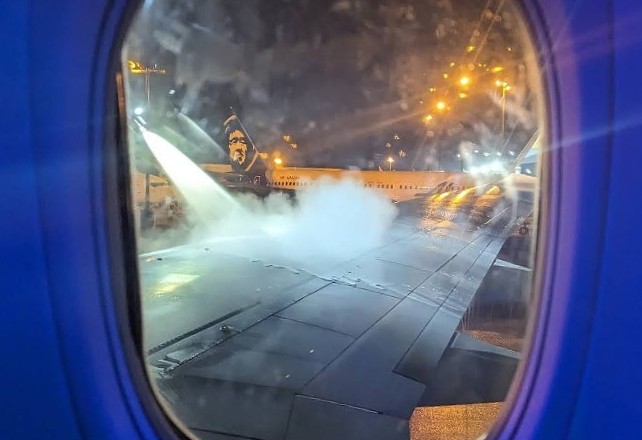
Whomst among us has not entertained fantasies of packs of hungry wolves chasing the entire Trump administration? Alas, that’s not happening (yet—we’ll have to see what happens after the election) but Trump’s people have repeatedly tried to antagonize wolves in western states by taking them off the federal list of endangered species. Now friends of the wolves have had just about enough.
On one side: The U.S. Fish and Wildlife Service, which says that because there are a few thousand wolves around the Great Lakes, that’s good enough for the whole country—even states like Washington, where there are only a couple dozen wolves known to exist. On the other: The Western Environmental Law Center (WELC), a nonprofit that takes polluters to court because plants and animals are notoriously bad at showing up for court dates.
According to the WELC, the Trump administration is breaking the law by prematurely removing protections—part of a pattern of what they call “rogue federal government wolf-killing programs.” Now they’re taking the administration to court to ensure re-population can continue until there are way more wolves wandering hither and yon around Washington state.
While our state wolf population has steadily improved over the last decade, it’s still somewhat precarious—Washington’s wolf conservation plan calls for counting a minimum of 15 breeding pairs for three years in a row, and counts in 2019 varied from 10 pairs to 15 pairs. That the numbers remain low is excellent news if you’re a rabbit or elk, but a shortage of wolves also can wreak havoc on ecosystems by allowing prey species to flourish. For example, when wolves disappeared from Yellowstone, the moose population blew up, and they ate all the habitat that nesting birds needed.
The good news is that in midwestern states, wolf populations have risen into the thousands. But that surge was enough for the Trump administration to initiate a plan to remove protections nationwide. WELC says that they can’t do that. The Endangered Species Act requires the repopulation of species in ample habitats throughout the west, says WELC attorney John Mellgren.
“On its face, this appears to be politically motivated,” he wrote. “While the Trump administration may believe it can disregard science, the law does not support such a stance. … Wolves desperately need Endangered Species Act protections to fully recover.”
For now, wolves enjoy protections at the state level. However, those protections haven’t always worked out for the best, with conservation groups and ranchers complaining that existing policies are out of touch with reality and don’t account for the ways that wolves actually live and hunt. Last month, Governor Inslee ordered the Washington Fish and Wildlife Commission to overhaul its rules and reduce the risk of conflicts between humans and the slowly-but-steadily rising numbers of wolves in the wild.
So, where does that leave us? Your chances of seeing a wolf in the wild remain vanishingly low. Meanwhile, the Trump administration will likely publish its plans to delist wolves in the Federal Register at some point soon, and then WELC says they’ll file suit after 60 days. And I’m not saying that we should be at all suspicious, but that’s exactly what a bunch of werewolf lawyers would do.
















